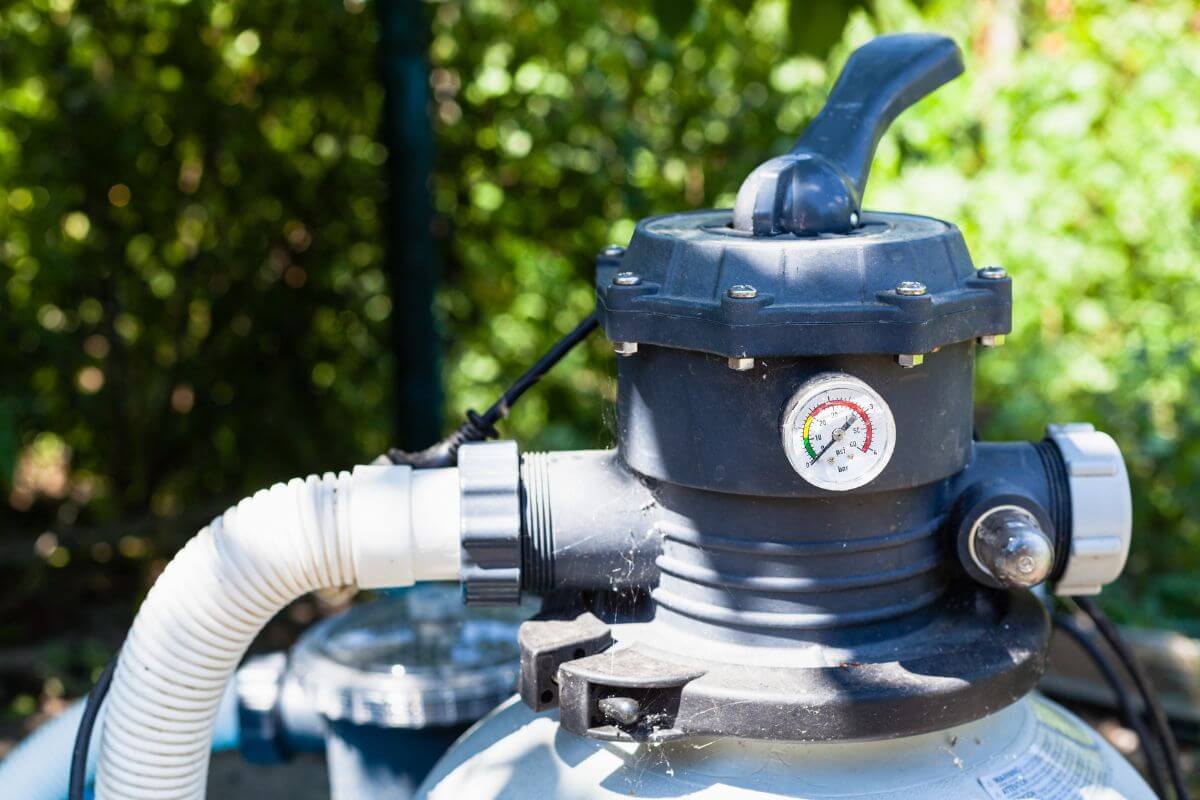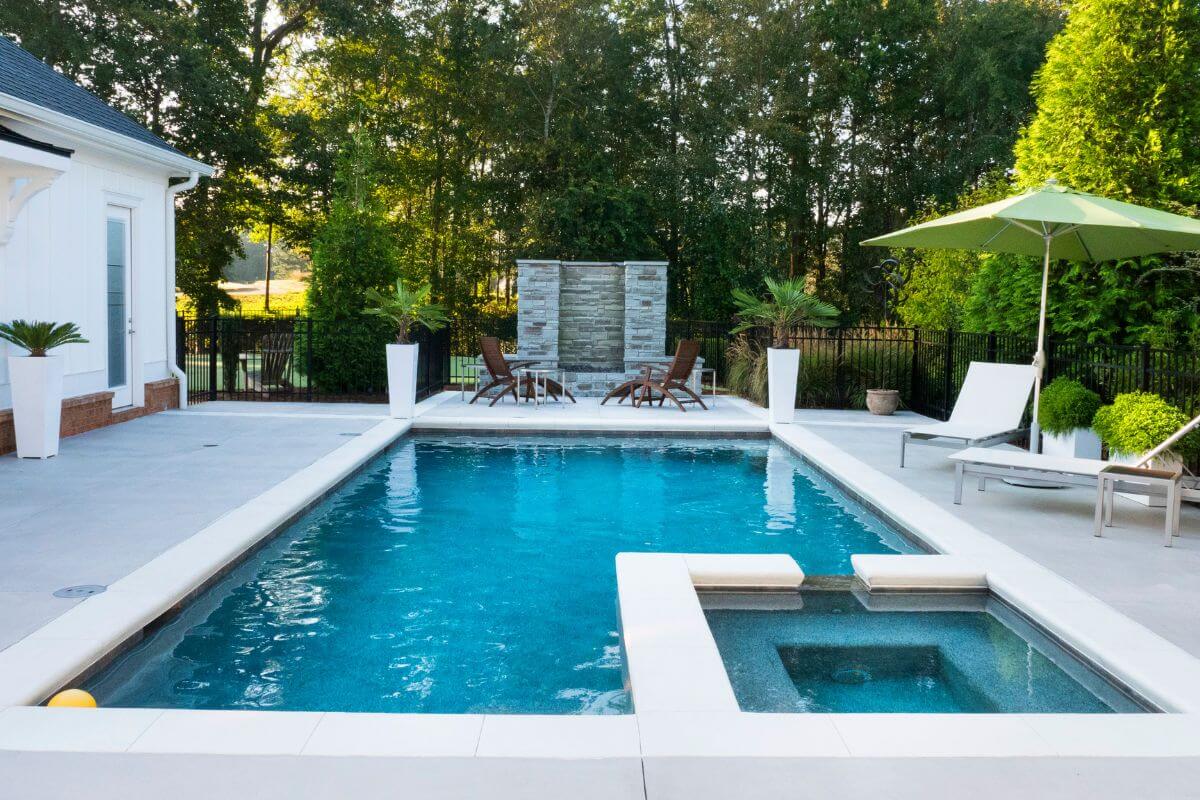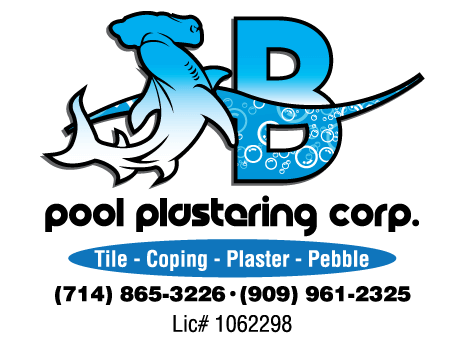
How Long Do Pool Pumps Last?
One question frequently surfaces when tackling pool maintenance: “how long do pool pumps last?” This essential piece of pool equipment is the heart of your pool’s filtration system, circulating water and keeping your swim space clean and clear.
Like any mechanical device, pool pumps have a finite lifespan, which several factors, including maintenance, usage, and quality, can influence. Understanding these factors and recognizing the signs that it’s time to repair or replace your pool pump can save you time and money and ensure your pool is always ready for a dip. This introduction will explore the longevity of pool pumps and what you can do to maximize their performance over the years.
How Long Do Pool Pumps Last: Key Factors That Determine Pump Lifespan
Pool pumps typically last 8 to 15 years, influenced by maintenance, usage, and environmental factors. Longevity varies with the pump type and operational habits. Consistent care, including debris removal, leak checks, and noise monitoring, is crucial. Proper installation is vital for optimal lifespan; improper setup can lead to early failures. Understanding these factors empowers pool owners to manage their equipment’s upkeep better, recognize aging signs, and know when to upgrade.
How Long Do Pool Pumps Last: Maximizing Your Pump’s Performance

The Importance of Pool Pump Longevity
The pool pump’s role in maintaining a clean and healthy environment cannot be overstated. It’s responsible for the constant movement of water through the filtration system, which prevents algae growth and removes debris.
Without a functioning pump, pools quickly become unsanitary. That’s why understanding the lifespan of your pool pump and how to extend it is crucial for uninterrupted pool enjoyment.
Understanding Different Types of Pool Pumps
- Single-Speed Pumps: These are the traditional workhorses of pool pumps, known for their simplicity and durability. However, they operate only at one speed, which is sometimes energy-efficient.
- Dual-Speed Pumps: These offer high and low-speed operations, allowing for energy-saving and less wear when full power isn’t needed.
- Variable-Speed Pumps: The latest pump technology, variable-speed pumps, allows for a wide range of speed settings, which can be adjusted to save energy and reduce strain on the pump.
Each type has its pros and cons regarding energy consumption, performance, and lifespan, and choosing the right one can significantly impact how long your pool pump lasts.
Routine Maintenance for Pool Pumps
Regular maintenance is the key to extending the life of any pool pump. This includes:
- Cleaning skimmer and pump baskets: Ensure they are debris-free to prevent overworking the pump.
- Checking the motor shaft seal: Leaks can cause the motor to fail.
- Inspecting the impeller: A clogged impeller can reduce efficiency and increase operational strain.
By performing these simple tasks, you can prevent the most common causes of pool pump failure.
Seasonal Considerations and Usage Patterns
The frequency of pool use and seasonal changes can affect a pump’s longevity. For instance, pumps in year-round swimming climates may have a shorter lifespan due to constant use. Conversely, those in seasonal climates should be adequately winterized to prevent freezing damage.
When to Repair or Replace: Recognizing the Signs
Knowing when to service, repair, or replace your pool pump. Signs that your pump may need attention include:
- Loud noises: Grinding or screeching can indicate bearing issues.
- Decreased water flow: This may suggest a clog or failing motor.
- Visible damage: Cracks or leaks in the pump body can lead to failure.
Investing in repairs or deciding to replace a pool pump at the right time can save costlier problems.
How Long Do Pool Pumps Last: Tips, Facts, and Essential Questions

Pro Tips for Extending Pool Pump Life
Schedule Regular Professional Inspections: Even if everything seems to be running smoothly, having a professional look at your pool pump can help catch issues before they become serious problems.
Use a Timer: To avoid overuse, install a timer to control precisely when and how long your pump operates.
Balance Your Pool Chemistry: Corrosive or scale-building chemicals can shorten your pump’s lifespan. Regular testing and balancing of your pool’s chemistry are paramount.
Fact-Checking Pool Pump Myths
A pool pump should run 24/7 for the best results. This is unnecessary and can lead to quick wear and tear.
Higher horsepower means better performance. Not necessarily; the best pump is correctly sized for your pool’s volume and filtration needs.
The Most Common Questions About Pool Pumps Answered
Can a pool pump be too powerful for my pool?
Yes, an oversized pump can cause excessive water movement and energy waste.
How do I know if my pool pump is energy efficient?
Look for pumps with an ENERGY STAR rating, which indicates high efficiency.
What is the best time of day to run my pool pump?
It’s typically best to run your pump during non-peak hours to save on energy costs.
Trust JB Pool Plastering for Long-Lasting Pool Pump Solutions
Choosing the right professionals for your pool’s needs is as crucial as selecting the right pump. At JB Pool Plastering, we understand that a pool is a significant investment for any homeowner. That’s why we offer top-tier services to ensure your pool pump’s longevity and ultimate peace of mind.
With our expert team, your pool will benefit from optimal performance and efficiency, extending the life of your pump with proper installation and maintenance services tailored to your pool’s specific needs.
Keep pool pump troubles from putting a damper on your swim season. Contact JB Pool Plastering today for a consultation, and take the first step towards a crystal-clear future for your pool.




